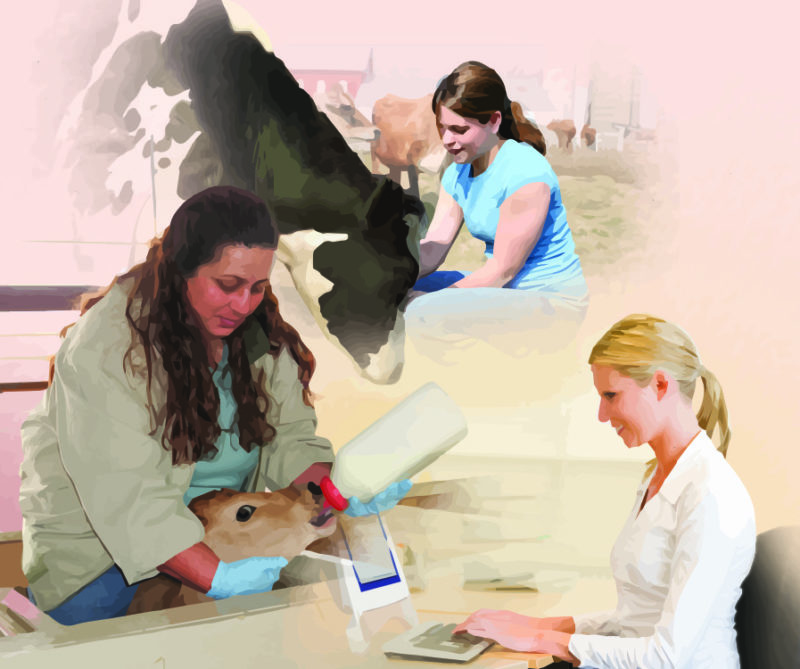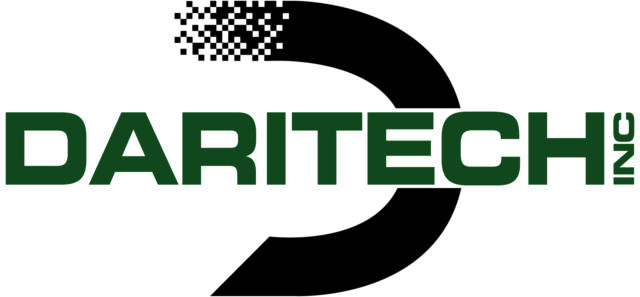A kindergarten classroom is a magical place. A group of naïve, eager preschoolers enter the classroom at the beginning of the schoolyear and over the course of a year, they learn some of the most important skills needed in life. They exit the classroom the following summer with a newfound confidence in understanding the world around them, all from the help and guidance of kindergarten teachers (or maybe I should call them wizards).
With my youngest in kindergarten this year, I am amazed at what she has already learned in the classroom. Kindergartners seem to go from reciting the alphabet to blending sounds to reading words in no time. They are exposed to foundational concepts in art, music, physical education and more. They quickly move from counting numbers to addition and subtraction.
Yet some of the most important lessons students learn in kindergarten go beyond ABCs and 123s. Riding the bus, following teacher’s directions, navigating the lunch line and playing with friends at recess teach kindergartners fundamental concepts on how to navigate through life.
On the farm and in our busy lives, we often don’t think about those valuable lessons learned many years ago. Let’s consider a few foundational principles from kindergarten and their relevance on today’s dairy farms:
- Be inquisitive: Don’t think you know everything. Ask questions and engage others in helping you learn about new topics and opportunities. If your farm isn’t improving and growing, it is likely falling behind. Learn from fellow dairy producers, industry professionals and others to position your farm for a successful future.
-
Share: We all learned that "sharing is caring"
in kindergarten. This skill helps us make new friends, negotiate and cope with disappointment. Today’s dairy producers often need to know more about working with other people than working with cows. Sharing is an essential social skill in building healthy relationships with others.
- Practice often: Kindergartners don’t learn to count to 100 by doing it once. It takes time and repetition. If you want to learn a new skill or improve an area of your farm, don’t expect immediate results. Be consistent in your efforts and measure results along the way. Few changes on your farm will result in an immediate improvement. Practice and have patience.
- Look both ways when crossing the road: Beyond the importance of farm safety, this lesson also refers to the role we all have in a greater environment. We are one small part of the world around us. It is critical to be aware of our surroundings and the impact we have on others.
- Have fun and build in breaks: Just as kindergartners need recess and snacks to get through the day, farmers need rest and nourishment. Dairy farming is one of the most physically and mentally demanding careers, and running at 100% all day long isn’t feasible. Lean on others, take breaks and have fun with friends and family off the farm.
- Say you’re sorry: Saying you are sorry (and meaning it) might be one of the hardest lessons we learned in kindergarten, and it can still be hard years later. Dairy farming is a people business, and relationships are essential. Today’s farms often have multiple family members, employees and even industry professionals that assist with the many aspects of the farm. When you make a mistake or say something in the heat of a tense moment, apologize. Saying you are sorry shows you care about your relationship with that person and are aware of the impact of your words.
Think back to your own time in kindergarten. What other life lessons did you take away from that critical stage? How are those lessons relevant in your everyday life today?
When I reflect on myself as a kindergartner, I realize that I am very different than the shy girl with a missing front tooth. However, I know the simple lessons I learned during that time have made me who I am today. Learning how to interact with others, making friends, asking for help and developing foundational skills have all helped me navigate through my life’s ups and downs.
The next time life seems overwhelming, ground yourself with the principles you learned in kindergarten. Along the way, don’t forget to say thank you to the teachers who stretched your thinking and prepared you for the next stage of your life.










